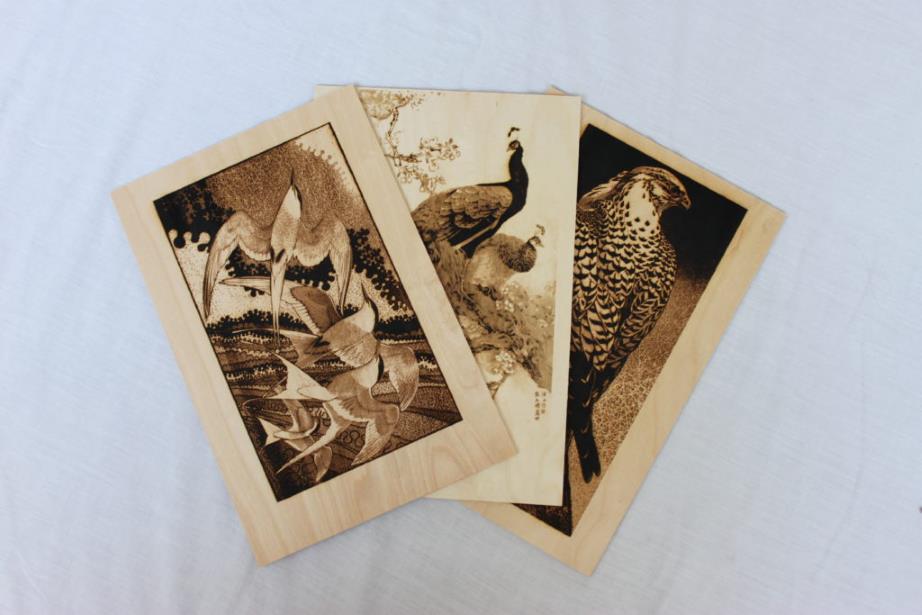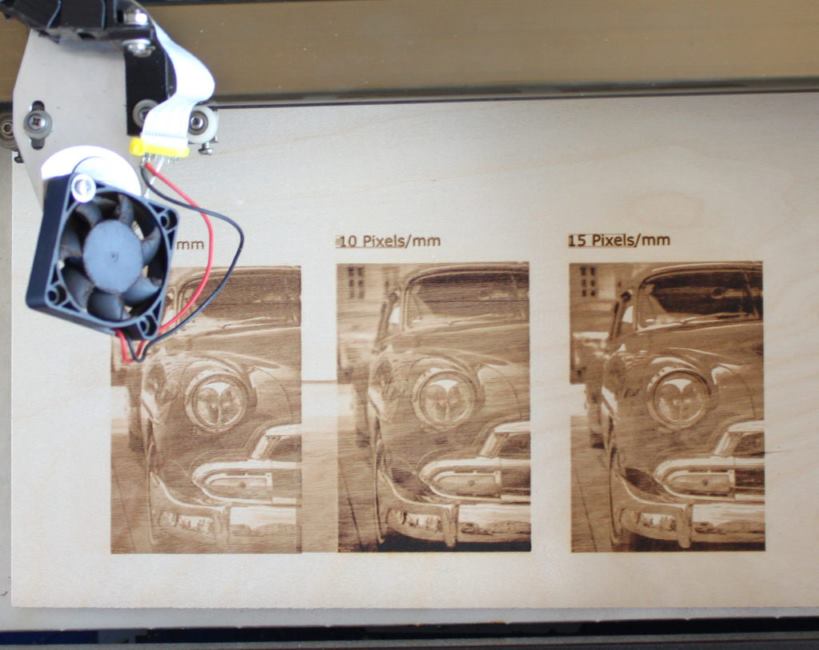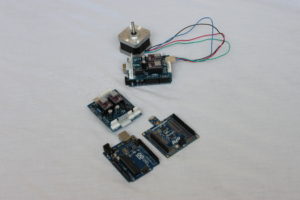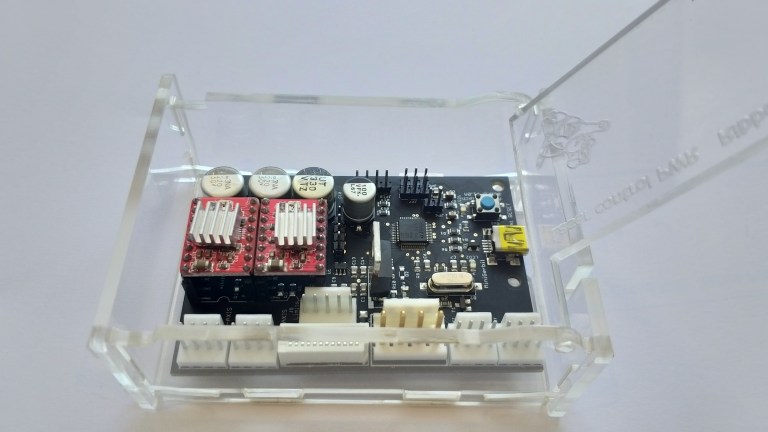The Story
Over a year ago I purchased a cheap Chinese K40 Laser cutter/engraver for a 3d printing experiment, but it turned into the ultimate k40 upgrade project! Before tearing down the machine for parts I decided to play with it for fun. I quickly discovered that the Chinese user software with encryption dongle was user-hostile ! It was truly a complex Chinese puzzle, especially since it did not come with any instructions whatsoever.
The solution to this puzzle has lead to a wonderful story of adventure, including our latest development of the Super Gerbil CNC controller.
I played with Grbl, the open source control software for CNC machines, and found it a good match for the K40. It enabled me to use freely available design software for images. So now I could download and use any dxf cutting files, and could avoid proprietary file formats! I must admit the transition project was easier said than done. However, my result was a very productive K40 laser upgrade that was just too good to keep to myself.



The original Gerbil controller made a lot of cheap Chinese K40 laser owners happy when it launched on Kickstarter.com in July 2017. It consisted of:
Programmed and ready to use controller
USB key with the open source Inkscape plugin’s and g-code sender software
a wire harness for the optional control buttons pause, resume and abort).
The Arduino R4’s 328PB AVR chip is more advanced than the R3 Arduino, and worked well as a K40 controller. However, it never really took off in the market because of its higher cost. Based on the feedback and experience we gained with the R4 Arduino, it was time to move onto something even better.
Mini Gerbil, the successor of Arduino R4 Gerbil

Since lasers are expected to run super fast in dither mode, we need to upgrade from 8 bits to 32 bits. However, the good news is we found a lower cost alternative which performs better.
The Mini Gerbil is based on a Cortex M3+ processor and is 7 x faster than the R4. I placed all components onto one board to reduce the cost of the PCB and we cramped all smd components into a small foot print 53 x 80 mm. The Mini Gerbil does support ribbon and non-ribbon based K40s and other lasers. The firmware has been rewritten over a 3 months intensive period and is super fast and accurate (32 bits based math). The Mini Gerbil supports PWM frequencies from 60 Hz to 80 kHz, and the stepper rate nears 100 kHz. It also supports traditional grey scale engraving and other functions, and works with Inkscape, Easel and LightBurn! I’ve looked at the other options the K40 user community has, and I can confidently say this is the best K40 laser upgrade there is.
Older blogs:
The secret sauce that makes it work…
Read my blogs on developing the controller
Newer blogs on firmware:
